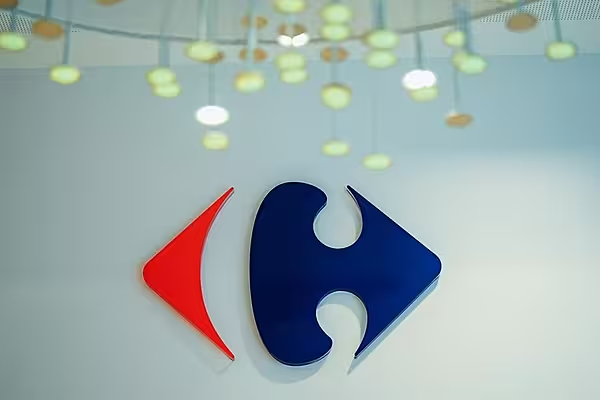Consumer spending in France declined for the first time in two years in the second quarter of 2024, to €57.6 billion (down 2.8%), according to the latest data from NIQ.
Technical and durable goods accounted for more than two-thirds of the decline, while consumer goods experienced a 'very contained' decline of 1.1%.
Vincent Cornu, director of retail services, France NielsenIQ – GfK, stated, “Everything can be explained by the double phenomenon of inflation and deflation [...]. The second quarter of 2024 faces a quarter of 2023 strongly boosted by inflation at the time. This reached its peak in April 2023 to stand at +16.4%.”
In addition, the quarter also witnessed the first deflation in the last two years.
“This was all it took to negatively impact the turnover of expenses for the second quarter of 2024 with a decrease of 2.8% in expenses in value – a first in two years”, Cornu added.
The NielsenIQ Barometer provides a complete view of distribution turnover in France and expenses for consumer products, such as food, drinks, fresh produce and hygiene products, and technical and durable products, including household appliances, audio-video, and DIY-gardening, among others.
The study combines data from NielsenIQ and GfK and is based on real sales data.
Consumer Goods
In the second quarter of 2023, prices of consumer products saw an unprecedented increase and resulted in high turnover growth of 10.9% for the category.
Since then, the prices have settled, resulting in a decline of 1.1% in the second quarter.
Non-alcoholic beverages saw the highest decline of 4.7%, accounting for almost half (41%) of the total losses in the consumer goods category.
The decline is attributed to a particularly hot second quarter in 2023, in contrast with a story and mild spring this year.
An early Easter also contributed to the decline in sales of seasonal chocolates in the second quarter. Confectionery turnover declined 9.0% during this period.
Lastly, the implementation of the Descrozaille law since the first quarter of 2024 law weighed on promotional sales in the second quarter.
The new regulation limits supermarkets' ability to discount certain consumer products in the country and has had a significant impact on certain product categories, including the baby care, which saw an 11.0% decline during the quarter.












